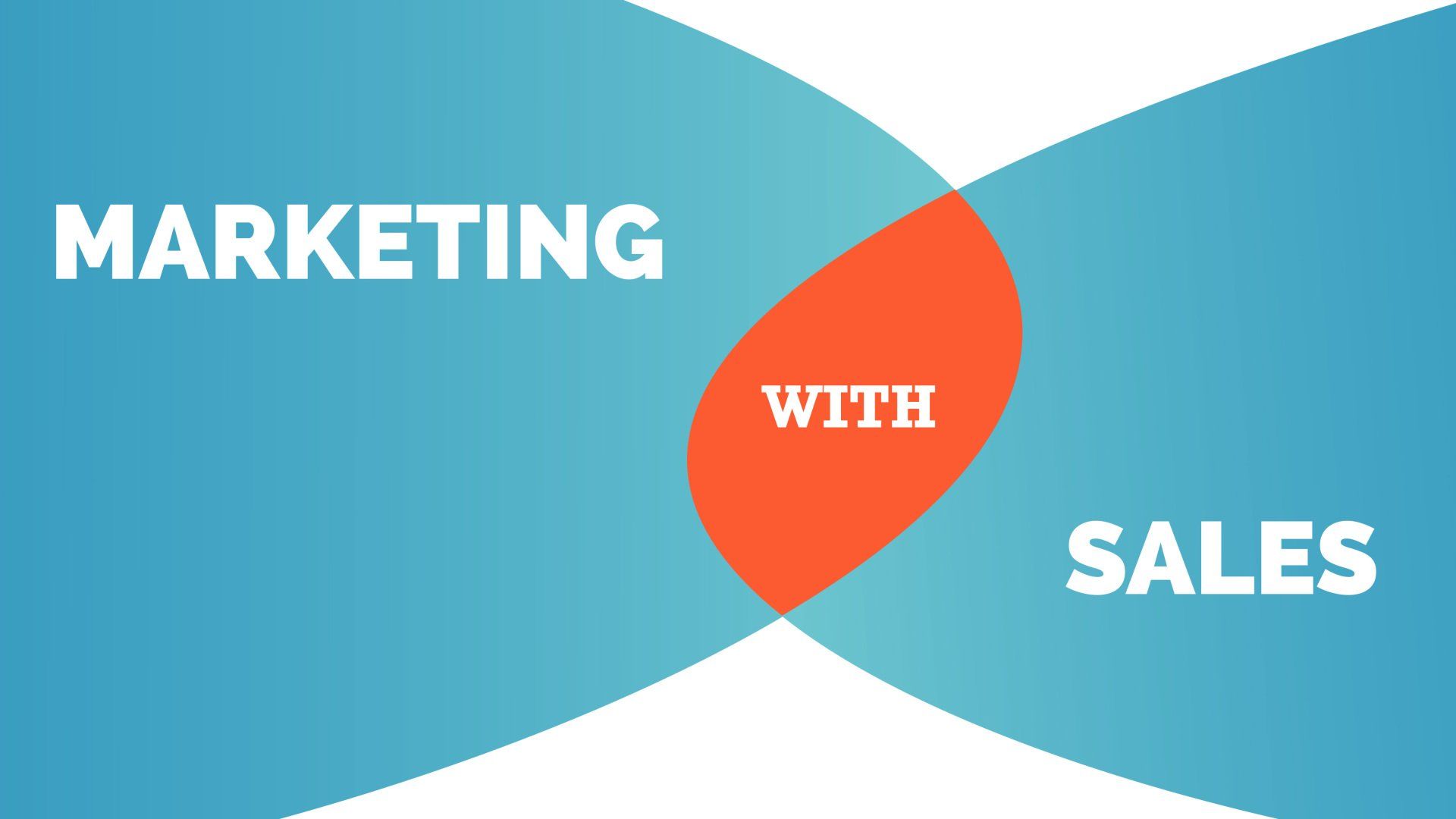
Marketing automation is already a common buzzword and is becoming more and more popular amongst marketers and companies who want to improve the results from their marketing campaigns and activities. Based on the B2B Marketing Outlook 2015 research report prepared by Green Hat and ADMA, 47% of respondents stated they use a Marketing Automation tool. This is still less than half of the marketers but the number is definitely growing. And those 47% use a proper marketing automation not just a tool for sending out email blasts.
So what can you actually do with a marketing automation tool? In the same research report, they stated that a marketing automation tool was defined as the use of software and web-based services to generate, track, nurture, manage and score leads as well as execute repetitive campaigns. And I think there is another big part of such tools which play an important role – marketing analytics. As yes, it is great to use all those fancy automation features but if you don’t evaluate results from those activities then you can’t improve what you are doing.
So let’s look at those marketing automation activities and tools functionalities in more details:

There has been a lot of discussion around this topic, but I think it is actually very simple and I honestly don’t understand all those articles, videos, arguments discussing the sales marketing alignment or mainly misalignment. How can those two departments not work together? There are so many benefits of close cooperation between Sales and Marketing so let's take a closer look at them.
Also, I think the discussion should go even further than marketing vs sales. Why is it only between
marketing and sales? Yes, those two need to work closely together, but if a
company wants to be successful, the whole company needs to be aligned. Not just
marketing and sales. We should be talking about aligning the whole funnel from marketing to sales to customer success or service which goes back to marketing. Why back to marketing? Simple, one of the best leads and new customers generation channels is a referral from an existing happy customer.
But let’s discuss the simple version for now – Marketing and Sales alignment. Alignment, that sounds like a big deal. But it’s not. It just means those two departments need to work together. And I wouldn’t even say departments, as it’s always just about people. How they communicate and how they work together.
But why do those two need to work together?
Well, it’s simple. They need each other and they can hugely benefit from working together. Sales needs marketing and marketing needs sales. Full stop.
1) Why Sales needs Marketing?
The answer is again very simple. To make more sales, to hit their targets easier, to get their bonuses and to help company grow.
People buy differently these days and both sales and marketing should know that
I think marketing these days plays even more crucial role in the business than ever before. First, as we all know, people changed the way how they buy things. And it doesn’t matter if we talk about B2B or B2C. At the end of the day, it’s always about people. Even in the B2B environment, some person needs to make the decision. Yes, there are a bit different factors which affect the final decision but the main thing is that people are now smarter and have access to much more information thanks to the internet and social media. So what people do before they make the decision to buy something and doesn’t matter if it’s a car, holiday or new marketing automation software?
They do their own research!
They search the web, they check social media, they ask friends, they check the reviews, attend event, watch a video etc. They do anything possible to make sure they make the right choice when they finally make the purchasing decision. And the key thing for our discussion is, that this all happens before people are actually happy to talk to a sales person or hit the Buy now button. Usually when people are happy to talk to a sales person, they are pretty much ready to make the purchase, they pretty much know what they want and what options they have.
So how do we make sure that whenever a customer is ready to talk to the sales person or is ready to press the Buy now button they not only know about our products or services but they will choose and purchase our products or services?
Well, the answer is simple. It’s marketing’s job to do exactly this.
Marketing is responsible for making sure customers find us during their research and then for building relationship with the potential customers so that when they are ready to talk to sales or to make the purchase, they are already emotionally attached to our brand. Marketing needs to make sure that when people search for answers to their questions on Google they find an answer from us, or when they check their social media we will be there in front of their eyes, telling them hey we can help you with …, or if someone attends an event about digital marketing trends, we will be there presenting and proving we can help that person to do their job better etc. See, we are not selling at this stage. We are trying to help people to solve their needs, pains, requirements or desires.
And the best marketing goes even one step ahead when we create the need for something. That way, we are the first brand customers engage with during their buying journey and we start building the relationship already from this point. We helped someone to find out they can do something better in their life, both personal as well as professional. So who do you think that person will tend to choose when they are ready to buy or talk to sales? How do you think the discussion between a sales person and the potential customer will go? I think the answer is pretty simple.
Just compare a cold sales call to a person who has no idea about our brand, our products or our services with a call being actually initiated by the potential customer who already knows how our products or services can help them and already have some kind of emotional attachment to our brand thanks to all the work done by marketing.
Use data provided by marketing and save time to improve your sales performance
Second reason why sales can highly benefit from working tightly with marketing is data and a massive reduction of time spent on admin and manual processes. Modern digital world helps marketing as well as sales to use and analyse huge amount of interesting and important data.
Did my prospect visited our website recently? Did they visit the pricing or contact page? Did they open the email I sent with a special offer? Did my prospects register for our event or webinar? Are my prospects following us on social media? Or how do I know someone is ready to talk to me about our products or services?
Those can be few examples of questions a sales person from the typical B2B environment can be asking, or should be asking. Why? Because if a sales person gets answers to questions like this, they will know much more about the prospects’ interest which can help them to make the sales process much easier and much more effective. They can prepare for a targeted personalised sales call, they can easily plan their sales pipeline, set up different priorities about which leads and prospects they should follow up or which deals they can close faster.
Super handy, don’t you think?
But where can a sales person get all this data? They don’t have time for this.
Well, again, from marketing.
Thanks to modern marketing tools marketers can provide answers to all those questions and can place them straight in front of the sales person’s eyes easily. Or if a sales person is not a fan of using modern tools, you can simply ask marketers and have a discussion. They have all the data and they should be happy to provide you with all the info needed as remember, you both have a common goal – company growth.
Another example of how marketing data can help sales to make their life easier and mainly improve their performance is that marketing can provide a complete full funnel performance analyses. Conversion rates, ROI, or engagement data all help to provide sales with the best possible leads with the highest probability of closing those leads into customers in the shortest time.
Yes, marketing automation can help improve sales as well
Marketing automation also plays an important role of how marketing can help sales to improve their performance. Imagine a sales person is working with a prospect but the prospect became a bit cold. They have different priorities, they don’t have a budget now or they just simply became unresponsive for no obvious reason to us.
And now what?
One thing a sales person can do is to simply create a task in their calendar to follow up later and focus on other warmer or hotter prospects. Sure, that’s understandable, but what will happen with this cold prospect in the meantime? It can be few months and unless the sales person calls them we don’t know what is going on there. Plus, they can simply forget about us as remember they are busy with other things. So, when the sales person finally calls back after few months, it can be pretty much one of those cold calls again. Not exactly what you want as a sales guy right?
Enters marketing automation and nurture marketing to keep that lead or prospect warm till they are ready to talk to us again.
But how does marketing know they need to nurture some sales prospects? Well, they again need to cooperate and work closely together. They need to define the process and rules of transferring leads from marketing to sales and then from sales back to marketing. Thanks to modern marketing tools this is extremely easy and the whole process can be automated. So not only marketing is helping sales to nurture their prospects but by using the modern tools, marketing is also saving a lot of valuable time by using automations for both sales as well as marketing. High five!
2) Marketing needs Sales as much as Sales needs Marketing
Now let’s go to the other side. Marketing needs to work with Sales and they need to work extremely closely together for few reasons:
Understand the target audience
Ok, thanks to the modern digital world, marketing can do a lot of research and analyse huge amount of data about their customers and about their behaviour. This is absolutely fantastic and marketers can leverage on all those data and information to build and promote products or services people need or desire. Marketers get direct feedback by analysing websites, social media channels, apps usability, campaigns and they actually get direct feedback from customers on various digital channels like Google, Facebook, G2 Crowd, Tripadvisor, Uber, Airbnb etc.
That’s a lot of data and valuable info which marketers can use but it’s those sales guys and then also customer service or consultants who are directly talking to our prospects and customers every day. They know exactly who our target audience is, what they do during the day, what problems they are trying to solve, or what dreams and desires they have (or at least they should know if they want to achieve their sales targets and help the company grow).
So, communicating and working closely with the sales guys is extremely important for marketers to even better understand the audience and then define marketing strategies and tactics based on this deep knowledge about customers. Marketers need to know as many details about the target audience as possible to be able to:
- develop and design products and solution which
can help solve people’s problems, pains or needs,
- engage with potential customers = know where and
how to engage
- understand their motivational and emotional
drivers = how people buy and why
And marketers can surely get a lot of these insights directly from the sales. Just simply talk to them, have open discussion and simply leverage on their knowledge and info they provide you with to improve the marketing performance.
Achieve the business objectives and targets
Marketing these days should always have their key goals aligned with the key company’s goals and objectives. Marketing strategies, campaigns or even just a basic blog article should always have some clear and measurable goal behind them (sure everyone heard about SMART goals). Otherwise how do you know what campaigns should you do, how much should you invest in what and where?
Simple example. Our company wants to grow the revenue by 20% this year. To achieve this, we need x number of customers. Some will be new customers; some sales will be driven by existing customers through up-sell or cross-sell. This pretty much sets the sales targets which can be then divided into half-yearly, quarterly or monthly targets.
For sales to be able to achieve their sales targets, they need leads. They need people willing to purchase our product or service. And as we all know, not all leads convert into customers. So let’s say we know that we need 100 leads to close 10 sales deals. We then also go into details like what kind of leads we need to be able to close those 10 deals generating the targeted revenue.
And with all these info, marketing then need to work closely with Sales to define which channels will be used to get those 100 leads. Once we know how many leads need to be generated by marketing, marketers then need to define their marketing strategies and tactics to make sure they deliver that agreed number of leads.
Simple. Marketing needs to be driven by the company and sales targets so they need to work closely together to be able to achieve that. Marketing needs to know what the Sales KPIs and targets are to be able to deliver relevant leads.
It’s not just about Marketing vs Sales
Now this is a simplified version just for this article when we discuss Marketing vs Sales as normally the whole process goes well beyond just Marketing and Sales. Marketing needs to work closely with Customer Service or Customer Success (however you call it), with Product, with HR, with Finance …pretty much with all departments in a company. And all departments should work closely with Marketing as again they can highly benefit from working together.

I guess the first question of those who received the invitation was - What is, or what do you mean by “New Marketing”? So, probably same as the other marketers, I checked the event info and agenda and found out that the purpose of this event is to help marketers and companies to change the way they do marketing by moving from the “old style” or some people call it “traditional” marketing to the new era marketing which is based on …. ?
Yes. Your guess is right. It is inbound, content marketing, SEO, social media and all those tactics and channels which help companies to generate more leads and more qualified leads and at the end more satisfied customers and higher revenue. And I can’t agree more with this approach and it is great to see another agency or people who are passionate about inbound and about modern marketing tactics and strategies. So I decided to attend this workshop and I think it was very informative and I hope people who attended will be getting on board with inbound soon.

So if someone asks me to explain in few words and in a very simple way what the inbound marketing means, then I would probably say.
